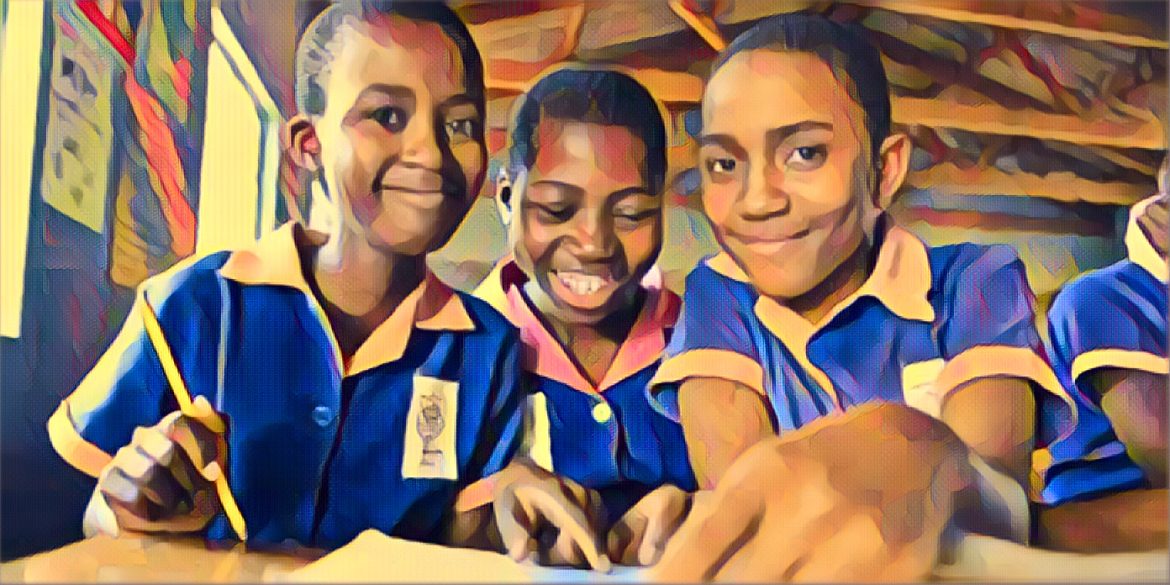The government has announced a comprehensive ban on vacation lessons for both examination and non-examination classes, asserting that students deserve rest during the holiday period. This decision was detailed in a statement released yesterday by Moses Mhike, the Permanent Secretary of the Ministry of Primary and Secondary Education. The directive comes in the wake of a term that reportedly experienced no disruptions, allowing for the uninterrupted progression of the teaching and learning schedule which spanned the planned 56 days.
The Ministry’s decision is in response to requests it received for conducting vacation school sessions for students in critical examination years – specifically those in Grade 7, as well as those preparing for Ordinary and Advanced Level examinations. These requests were for the upcoming April holiday period. However, after extensive consultations and considerations of the uninterrupted nature of the past term, the Ministry resolved not to grant permission for such vacation schools. Mhike’s letter, dated March 25, emphasized the importance of the holiday period as a time for rest and independent learning for pupils.
Highlighting the need for students to utilize this break effectively, the Ministry encouraged engagement with various learning resources, including the Zimbabwe Learning Passport. This platform represents one of the alternative learning strategies recommended by the government to ensure students continue their education outside the traditional classroom setting. The move aims to foster a balanced approach to education, where students can recharge and pursue self-directed learning activities, preparing them for the next term.
This announcement comes despite plans by some schools, which had scheduled vacation lessons for examination classes between April 2 and 12. These lessons are often viewed as crucial for students in preparation for their forthcoming examinations. However, the government’s stance suggests a broader educational philosophy that values holistic student welfare, including adequate rest and self-driven learning opportunities.
The decision to ban vacation lessons underscores the government’s confidence in the effectiveness of the term-time teaching and learning that has taken place. It also reflects a commitment to ensuring students’ well-being is prioritized, alongside their academic achievements. As schools and students adapt to this new directive, it will be interesting to observe how alternative educational resources like the Zimbabwe Learning Passport are utilized to complement traditional learning pathways and how this approach impacts students’ preparedness for examinations and overall educational outcomes in the long term.


